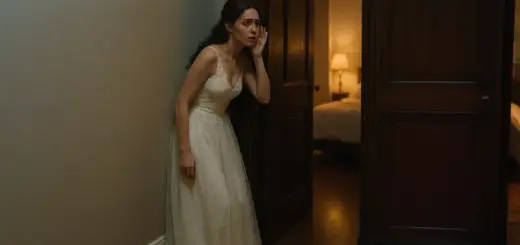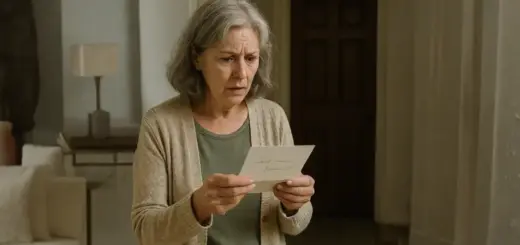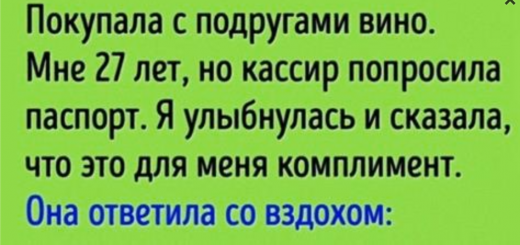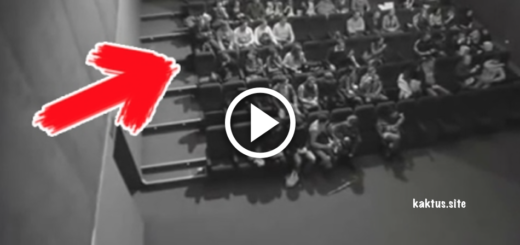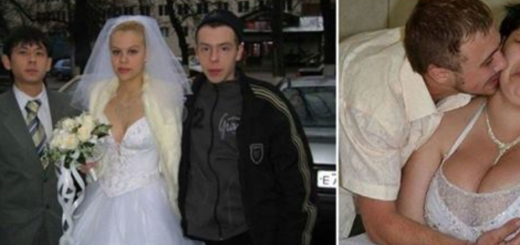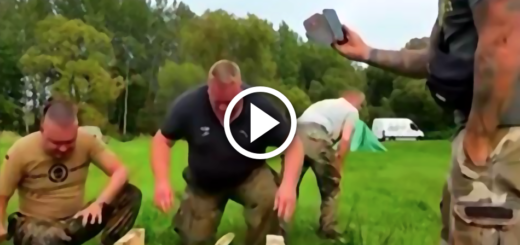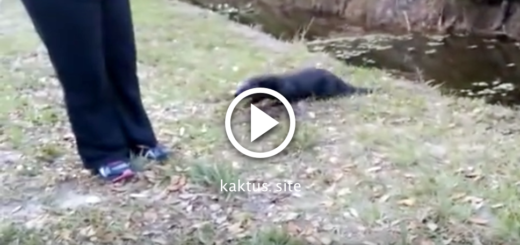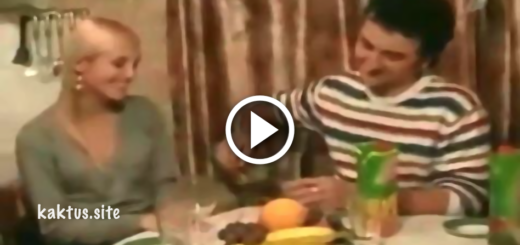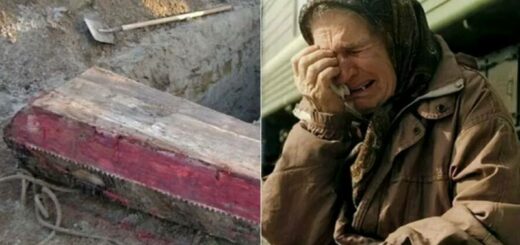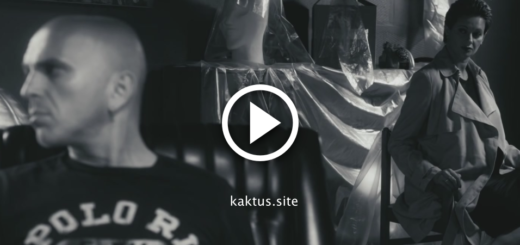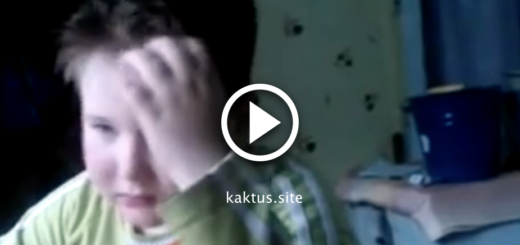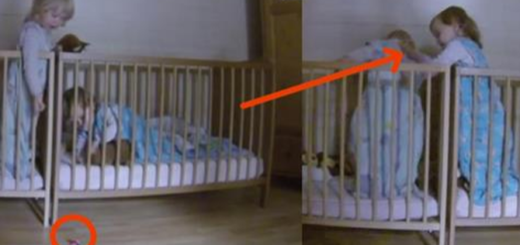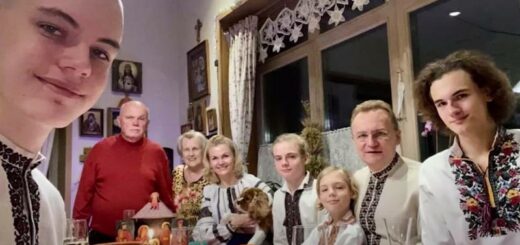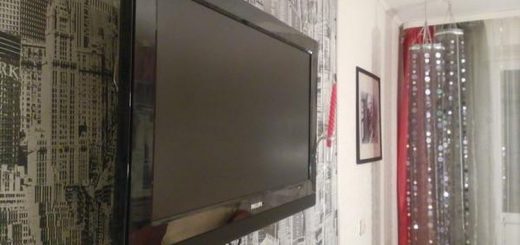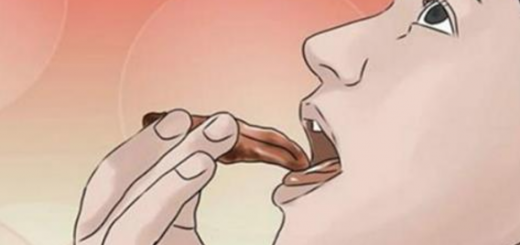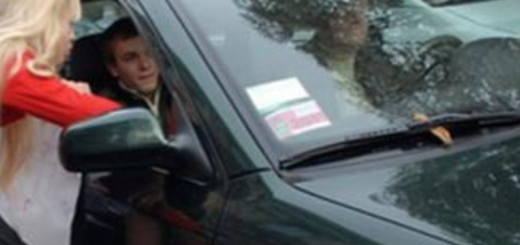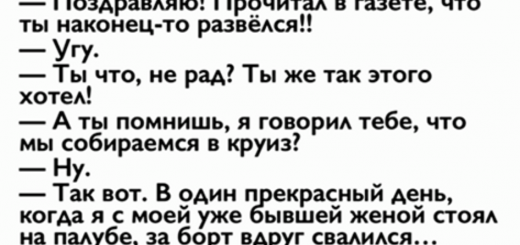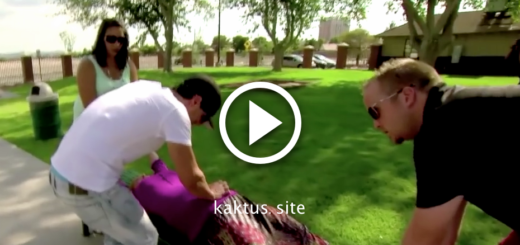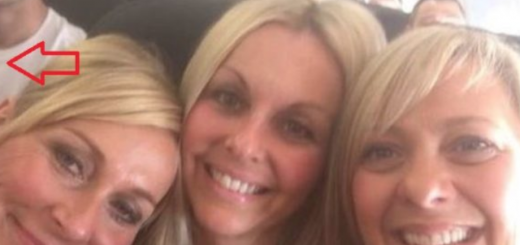Mom didn’t, unless she needed a target. She called me dramatic when I cried and ungrateful when I didn’t. She said I was «too sensitive,» her favorite insult. Brittany could burn the kitchen down, and Mom would laugh about kids being kids. I once dropped a glass of milk and got grounded for two days. Fair system.
By the time I was 16, I was so desperate to get out that college looked like salvation. Even community college sounded like Paris. I thought distance would fix everything. Spoiler: it doesn’t.
When I met Hannah’s father, I mistook attention for love. He was older, charming in a used-car-salesman kind of way, and I was 19 with the self-esteem of a houseplant. He bought me flowers once, so obviously, he was my soulmate. A year later, I was pregnant. Two years after that, he was gone.
It ended the way cheap magic tricks do: suddenly, and with everyone pretending to be surprised. He got a job in another state, or maybe another barstool. I stopped keeping track. What I remember most is sitting in the kitchen with a positive test in one hand and a half-written nursing school application in the other, wondering how on earth I was supposed to do both.
Turns out, you just do. You work, you sleep in four-hour increments, you learn that crying in the break room counts as self-care. You also learn that being tired becomes part of your personality, but we managed. Hannah and I had a small apartment stacked with medical journals and unpaid bills, a life held together with takeout and overtime. Not happy, exactly, but free, and that was close enough.
Three years ago, Dad retired. He’d spent his life saving strangers. Now he wanted to save time. He called one afternoon, said he wanted to visit, catch up, make up for lost years. He actually did.
He showed up every week with takeout and stories about impossible patients and miracle recoveries. Hannah adored him. He adored her back. They had the same quiet way of watching people, like they were cataloging every secret. Mom didn’t like it. Every visit reminded her that I existed.
Then he got sick. I won’t name it. You don’t need the word to feel the weight. All you need to know is that it came fast and didn’t leave. Mom called one night, her voice trembling in that way she thinks sounds fragile and tragic. «He needs help, Elena. You’re a nurse.» Translation: come fix this.
So Hannah and I moved in. I told myself it was temporary, just until he got better or worse. Those two years were the only time that house ever felt like a home. Dad was kind, grateful. I ran the place like a small hospital: charts, pills, meals, order.
Mom floated around acting like Florence Nightingale, except her uniform was wine and denial. When Brittany visited with Ryan and the kids, Mom lit up like the 4th of July, throwing dinner parties that looked more like auditions for sainthood. The moment they left, the lights went out again. Three weeks ago, Dad’s body finally gave up.
The funeral flowers hadn’t even wilted when the house started to change. Grief does strange things to people. Some fall apart. My mom redecorated.
Three days after the funeral, she was already moving furniture, humming to herself, calling it «fresh energy.» She started with Dad’s room, painted it pale yellow, changed the curtains, moved out his books. She said it would make a perfect space for when Brittany and the kids visit.
Within a week, it looked like a showroom: new bunk beds, toys, framed photos of Logan and Grace on the dresser. Not one of Dad. Not even one. I remember standing in the doorway, still in my black dress, watching her roll paint like nothing had happened. She looked happy, energized, like someone setting up for a holiday instead of dismantling a life.
I wanted to ask how she could do that so soon, but she beat me to it. «Brittany and Ryan might come stay next weekend,» she said. «The kids shouldn’t have to cram into the guest room anymore. They’ll need their own space,» she smiled, like she was explaining something sensible. I nodded, because what else do you do when your mother is already turning grief into a renovation project?
After that, the visits blurred together. Brittany’s family was there almost every weekend. They had their own keys, their own laughter echoing through rooms that used to belong to my father. And somehow, Hannah and I, who actually lived there, started to feel like guests.
Mom called it healing. She said it made the house feel alive again. Meanwhile, Hannah and I stayed in the smallest room down the hall, our beds pressed against opposite walls. Mom called it cozy. I called it claustrophobic.
One night, I overheard her in the kitchen whispering to Brittany. «Rent’s outrageous these days,» she said. «It just makes sense for you to live here full-time. We’d all save money.» Then, quieter, «Besides, Elena probably won’t stay much longer. She was only here for your father.»
I remember standing in the hallway, holding a mug of tea that suddenly tasted like metal. It wasn’t even a month since the funeral, and already I was being erased. When I confronted her, she smiled like she’d caught me being dramatic again. «You said you were just here to help your father,» she said. «He’s gone now. You have your job, your own life. It’s time to move on.»
Move on, like grief was a lease and my time was up. A few days later, Jonathan Wells, the lawyer who handled Dad’s affairs, called. «Just some paperwork to finalize,» he said. I drove to his office expecting insurance forms. Instead, he handed me a folder.
«Your father placed the house in a living trust,» he explained. «He wanted to make sure it stayed with you and Hannah.»
I blinked. «What do you mean, stayed with me?»
«It’s yours,» he said simply. «He transferred it before his death. Your mother isn’t listed anywhere on the deed.» The words didn’t register right away.
When they did, all I could think was how fast everything had shifted. Three weeks from eulogies to eviction. I thanked him, took the papers, and drove home with them on the passenger seat, unopened. I didn’t tell anyone. Not yet. Because how do you walk into a house full of laughter and say, «Actually, all of this is mine»? I thought I’d wait for the right time. Let her grieve. Let her calm down.
But five days later, she changed the locks.
I didn’t sleep after the locks. Every time I closed my eyes, I saw Hannah curled on the porch, her backpack slumped beside her like a guard dog that failed. By sunrise, the adrenaline had turned into something steadier: rage with a plan. I made two calls before my coffee went cold, one to the hospital to take a few days off, the other to Jonathan Wells.
He picked up on the second ring. «Elena,» he said, already sounding awake.
«She changed the locks,» I told him.
«Your mother?»
«She’s not my anything right now.» There was a pause. Paper rustled. «Do you have access to the trust documents?»
«In my car.»
«Good. Bring them. Come now.»
His office was 10 minutes away, not months, not a lifetime. Just 10 minutes and one red light. Jonathan looked calm in the way only people paid by the hour can manage. «This is straightforward,» he said, scanning the pages. «The property’s in the trust. You’re the trustee. She has no legal standing.»
«Then fix it.»
«I’ll draft the notice.»
«How soon?»
He checked his watch. «Give me 20 minutes.»
He typed while I stood by the window watching rain crawl down the glass. «Do you want to serve it personally, or shall I?» he asked. I laughed once.
«I’ve had enough doors slammed in my face for one lifetime. You do it.» He printed, signed, sealed, and handed me a copy. The ink was still wet. Perfect.
An hour later, we were parked down the street from the house. Same sky, same rain, like the weather was stuck on repeat. Hannah stayed with a friend. No way was I letting her near that door again. Jonathan walked up the driveway, umbrella open, envelope tucked under his arm. I stayed in the car, engine running, wipers ticking back and forth.
Mom answered almost immediately. Even from there, I could read her body language: impatient, superior. The queen interrupted. Jonathan spoke—calm, professional. He handed her the papers. At first, she didn’t even look, just rolled her eyes and said something I couldn’t hear.
Then she read the first line. Her face changed. Brittany appeared behind her, holding a mug like she’d just been cast in the drama she secretly hoped for. She snatched the papers, scanned them, and started shouting. Jonathan didn’t flinch. He said something brief, probably a polite translation of «you’ve been evicted,» then turned and walked back to the car.
Mom yelled after him, words lost in the rain. He slid into the passenger seat, closed the door, and said, «It’s served.» That was it. The drive back was silent, except for the sound of the windshield wipers. I kept expecting to feel victory, but all I felt was the weight of exhaustion finally shifting off my chest. It wasn’t triumph. It was oxygen.


